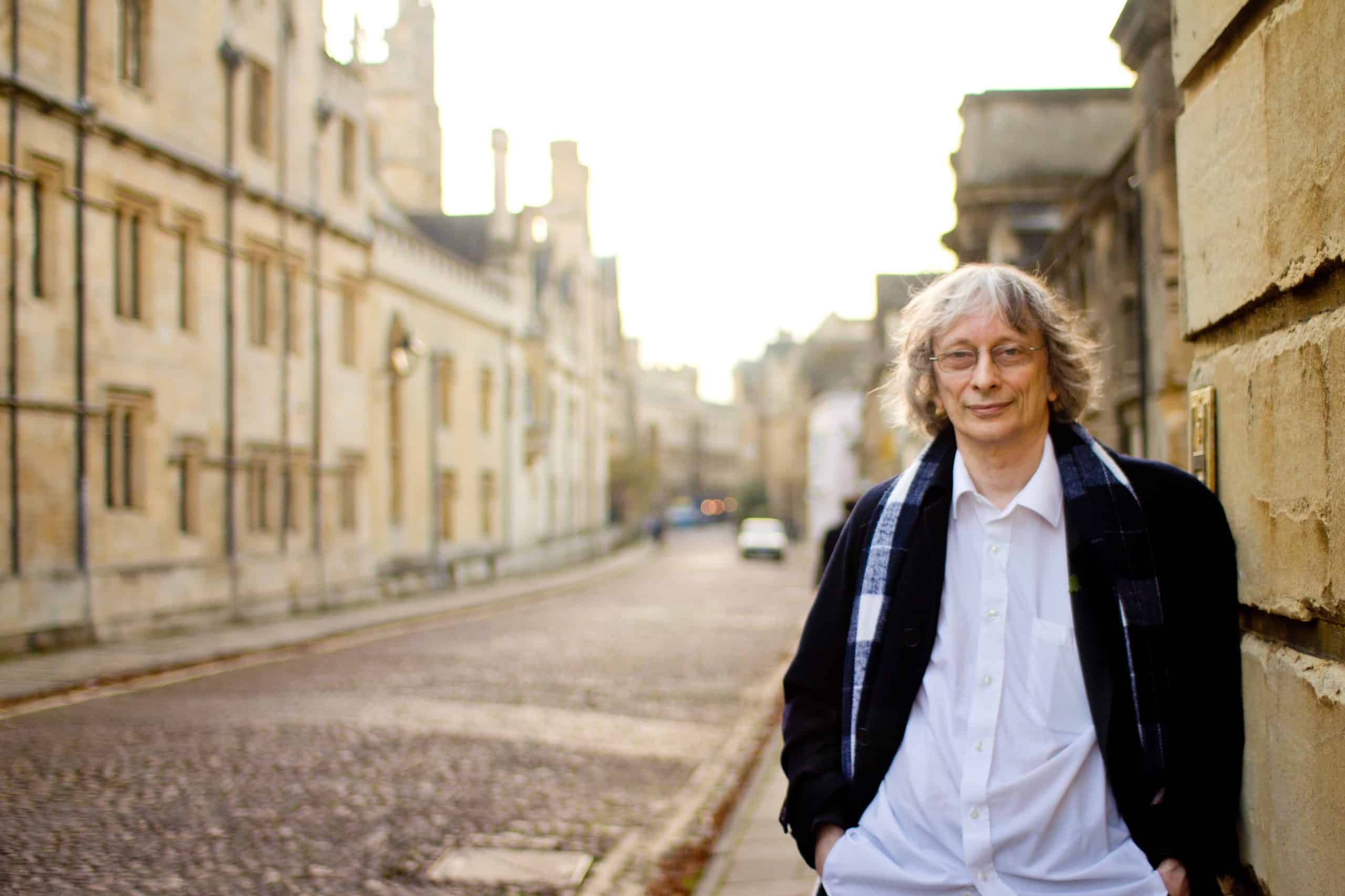Professor David Deutsch awarded Breakthrough Prize in Fundamental Physics
Thursday 22nd Sep 2022, 1.59pm

Now in their 11th year, the Breakthrough Prizes are renowned as the ‘Oscars of Science,’ and were founded by Sergey Brin, Priscilla Chan and Mark Zuckerberg, Julia and Yuri Milner, and Anne Wojcicki. The world’s largest science awards, each is worth $3 million and recognises the top scientists in the fields of Life Sciences, Fundamental Physics, and Mathematics.
Professor Deutsch commented, ‘I am so pleased that this field is being recognised as not just providing a new mode of computation and a new technology, but a new mode of explanation and understanding of the physical world.’
I am so pleased that this field is being recognised as not just providing a new mode of computation and a new technology, but a new mode of explanation and understanding of the physical world
Professor David Deutsch
Professor Ian Shipsey, Head of Oxford’s Department of Physics, said, ‘This is an extraordinary achievement and richly deserved; David’s work has made a foundational contribution to the quantum theory of computation and information – he is an inspiration.’
Also today, Professor James Maynard, from Oxford’s Mathematical Institute, was awarded one of only six New Horizons Prize for Early-Career Achievements in Mathematics. This follows his recent receipt of the highly-prestigious 2022 Fields Medal and was in recognition of his multiple contributions to analytic number theory, and in particular to the distribution of prime numbers. These prizes are each worth $100,000 and were divided between 11 recipients.
Professor Deutsch is credited as having laid the foundations of quantum computation. This includes defining the quantum version of a Turing machine (a universal quantum computer) and proving that it could simulate to arbitrary accuracy any physical system that obeys the laws of quantum mechanics.
This is an extraordinary achievement and richly deserved; David’s work has made a foundational contribution to the quantum theory of computation and information – he is an inspiration
Professor Ian Shipsey
He showed such a computer is equivalent to a network of surprisingly few quantum gates – logic gates that harness entanglement and the quantum superposition of many states at once. And he designed the first quantum algorithm that surpasses the best equivalent classical algorithm.
He shares this year’s Breakthrough Prize in Fundamental Physics with Charles H Bennett from IBM Thomas J Watson Research Center, Gilles Brassard from the Université de Montréal, and Peter Shor from MIT.
Speaking about today’s prizes, Breakthrough Prize Founder Yuri Milner said, ‘The laureates honored today embody the remarkable power of fundamental science both to reveal deep truths about the Universe, and to improve human lives.’
Professor Deutsch joins fellow Breakthrough Prize laureates from the Department of Physics at Oxford: Dame Jocelyn Bell Burnell received the 2018 Special Breakthrough Prize for fundamental contributions to the discovery of pulsars and a lifetime of inspiring leadership in the scientific community; and collaborators on the Sudbury Neutrino Observatory (SNO) and T2K experiments shared the 2016 Breakthrough Prize awarded to five experiments investigating neutrino oscillation.

